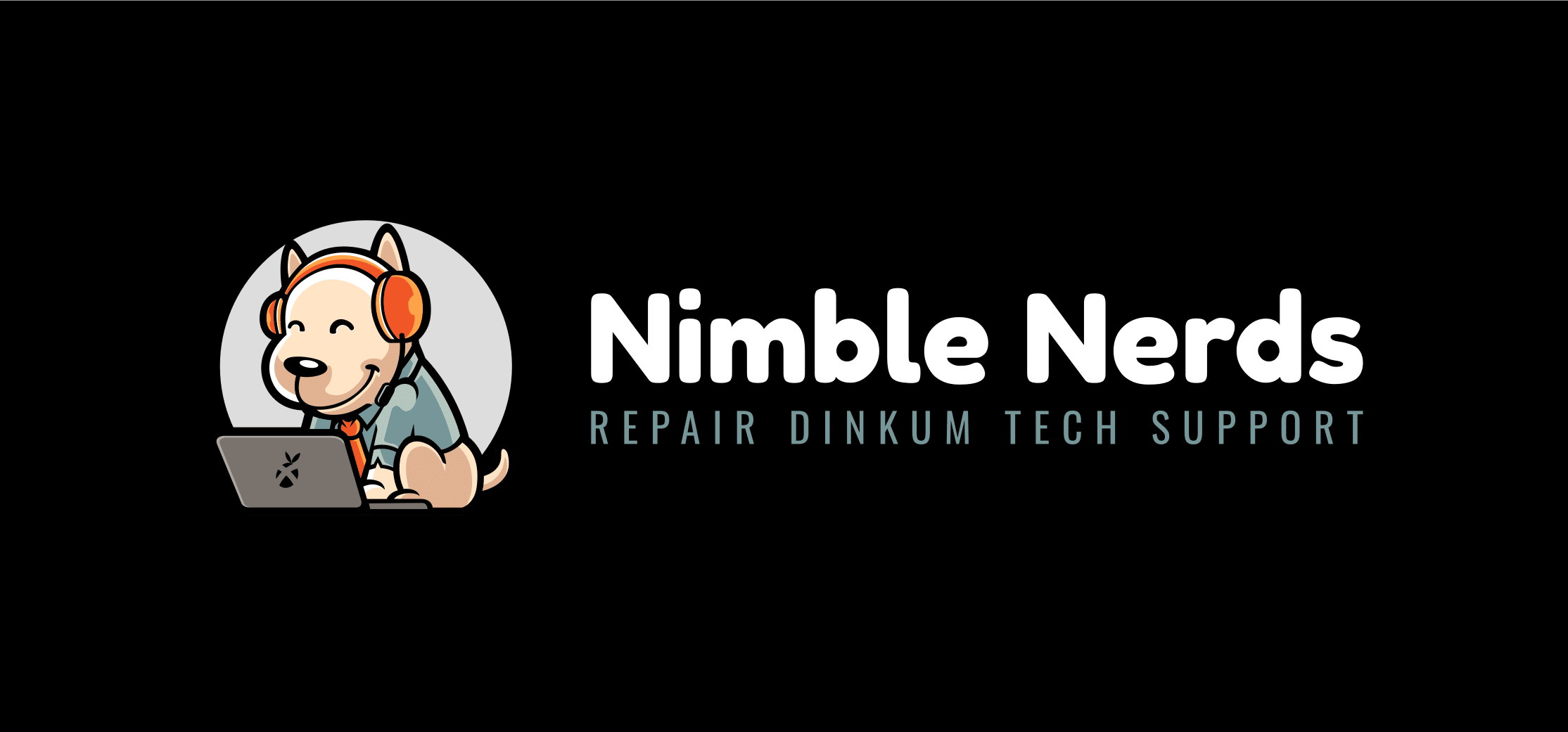Blogging started off as a way of sharing experiences and stories with others; a king of online journaling. Today, blogging is a widely used way of sharing content for millions of people across the globe.
Any blogger with content to share wants their creative work to reach as many interested readers as possible. Furthermore, with content being king as far as search engines are concerned, we want to try and make our blog available to everyone in our niche.
Businesses use blogging as a way to share knowledge around their products and services. With blogging, you can also appeal to your clients that get value from your site, thus building your brand.

What is Website Domain Authority?
Our websites’ domain authority is a measure of how highly search engines, and thus internet users, regard our web presence as compared to other websites. Domain authority describes the degree to which our website is relevant to the topic we have chosen to focus on.
What Are the Benefits of a High Domain Authority?
Google and other search engines rely heavily on website domain authority in their ranking algorithms. A high domain authority will help our website rise through the search engine rankings and attract more visitors in the process. So, how can we achieve greater domain authority?

Keyword Loading Blog Posts
When writing our content, we need to keep in mind that in order to keep our visitors engaged, we need to cover topics that concern them in a way that caters to their needs and preferences. Using related keywords in our blog posts will cause our blog to appear in a wider array of search results that concern our niche.
Be careful to keep your visitors’ user experience in mind. Keyword loading blog posts is very different from keyword stuffing. This latter practice was a method whereby content creators would arbitrarily fill their content with keywords they wanted their websites to rank for. Keyword stuffing is not only ineffective in this day and age, but it is penalized by search engine algorithms.
Keyword loading however, is repeating a key phrase or term like ‘personal trainer’ within your blog post so that Google can recognize that that page is about personal trainers. It’s takes keyword research to best understand how to separate keywords between pages before just going all in and Moz’s site is the king of understanding SEO if you really want to get into it yourself. Their keyword research instructional is outstanding and they keep their site very up to date too.
Adding Longtail Keywords to Add into Your Post
Longtail keywords are phrases consisting of over two words and which relate to our main keyword. For instance, if we run a blog about Ford Mustangs, a longtail keyword might be ‘1969 ford mustang shelby gt500.’
When looking for longtail keywords to add into your post, another process you can use to start off is Google itself. Every time we conduct a search, at the end of the page, below the results, we can see a list of keywords that Google suggests because they are related to the topic. These keywords are there because they are the most popular queries that users search for regarding the topic.

Add Royalty Free Images To Your Blog
Royalty free images fall under a special license. They are images that we pay for once and can use for our intended purpose without having to worry about paying royalties. With images being an important part of blogging, using royalty free images can be a great resource for blog owners that do not have an extensive library of their own photos.
Be sure to add an alt tag to your image describing what the picture is about and how it’s related to your blog post to score extra points in Google algorithm.
Social Signals From Your Content being Shared
Finally, to increase your domain authority, we can leverage the power of social media. Whenever our blog posts receive interaction from social media, search engines account for these social signals. A social signal is an indication that our content is gaining popularity on social media. Social signals from your content being shared boost your ranking and bring in more visitors.
Improving website domain authority is a gradual process that depends on the work we put in. However, once underway, the results start to add up in a big way.



